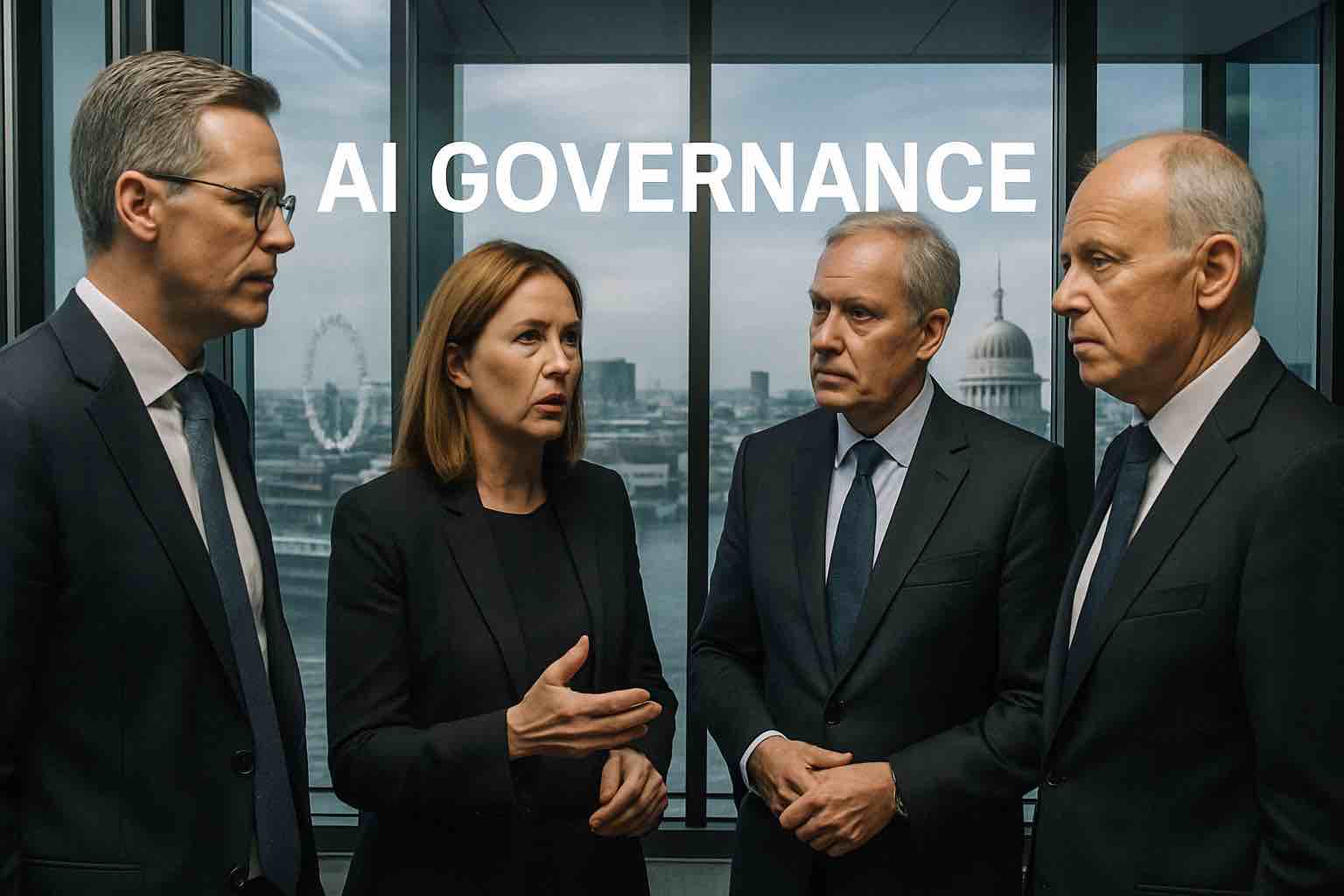
VFS Global’s Education, Trade & Migration Services has teamed up with the Rayad Group to launch specialist advisory services for UAE Golden Visa applicants in India. The new Centres of Excellence, operating in New Delhi, Mumbai, Ahmedabad, Chennai, Hyderabad and Pune, offer legal guidance and AI-enhanced support to individuals eligible for a 10‑year UAE residence visa via government nomination—no requirement to invest in property or establish a business.
Applicants can now access the service online or through a helpline, undergo pre‑approval procedures remotely, and complete the final formalities only after arriving in the UAE. The programme caters to professionals, entrepreneurs, scientists, creatives, social media influencers and business owners. Those granted the visa gain entitlement to sponsor spouses, children, parents and household staff.
The initiative coincides with a broader shift in UAE policy that introduced a nomination‑based Golden Visa for citizens of India and Bangladesh. Instead of traditional real estate investments of AED 2 million, applicants can qualify via nomination and a one‑off fee of AED 100,000, although merit-based vetting remains stringent. This lifetime pathway has attracted significant interest, with projections of over 5,000 Indian applications within the first 90 days.
The ETM–Rayad centres aim to demystify the application trajectory. With generative AI tools and legal expertise, they assess each applicant’s credentials through document review and background checks before initiation. As Gulf News reports, while the nomination and pre‑approval can be managed remotely, travellers will need to visit the UAE to complete the final visa issuance.
Industry analysts highlight the UAE’s strategy to attract high-calibre talent, particularly skilled professionals, digital content creators, healthcare experts, scientists, e‑sports athletes and maritime sector professionals—without restrictive real estate or business requirements. The policy suite, bundled in the broader UAE–India Comprehensive Economic Partnership Agreement, exemplifies both economic and people-to-people cooperation.
Yummi Talwar, COO – South Asia at VFS Global, emphasised the strong demand for advisory support, citing the initiative as a customer‑centric measure to ensure applicants fully understand procedures and make informed choices. Meanwhile, Rayad Kamal Ayub noted the UAE’s tax‑free income environment, political stability, high‑quality healthcare and education infrastructure as key incentives drawing high‑net‑worth applicants.
Critics caution that the AED 100,000 payment is only a gateway: final visa approval demands a robust application backed by clean criminal and financial records, social media scrutiny, and nomination by an authorised UAE partner. Background checks and compliance screening remain non‑negotiable.
The new advisory model marks a clear evolution in UAE immigration. By enabling remote pre‑approval, service centres with generative AI support, and streamlined documentation processes, the offering significantly reduces entry barriers. It positions the UAE as a magnet for global talent, aligning with its long‑term vision to diversify and deepen international linkages.
India and Bangladesh form the pilot for this invitation-based route, and its success may shape future extensions to other CEPA countries. Should uptake meet expectations, the model may evolve into a cornerstone of the UAE’s international residency strategy, delivering long-term returns in human capital and global collaboration.



